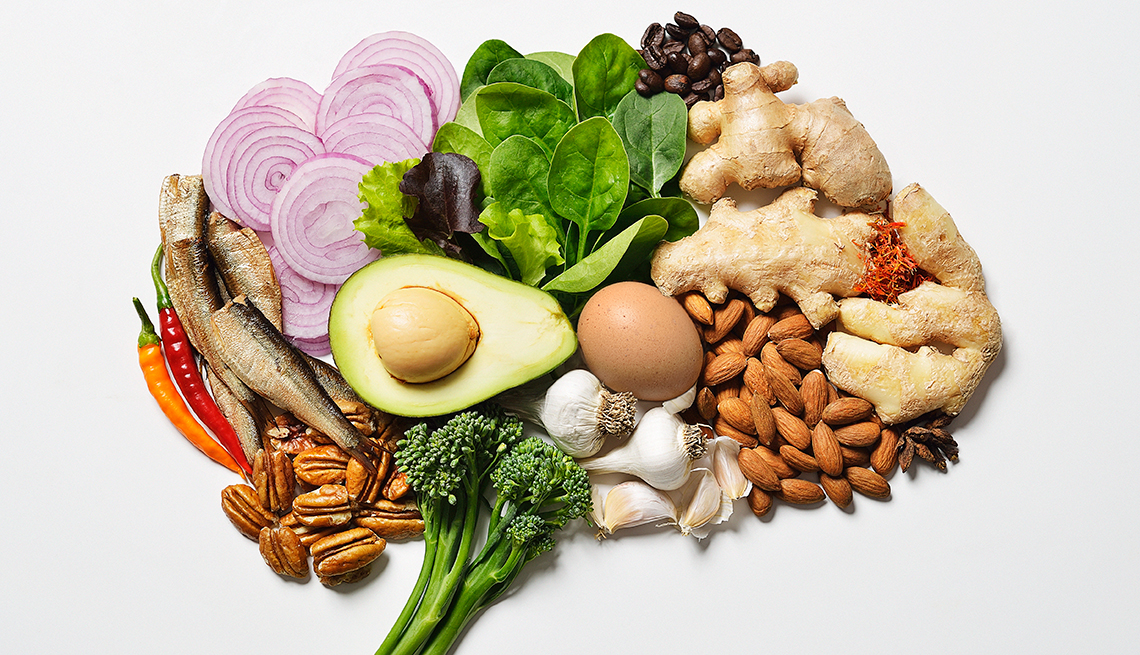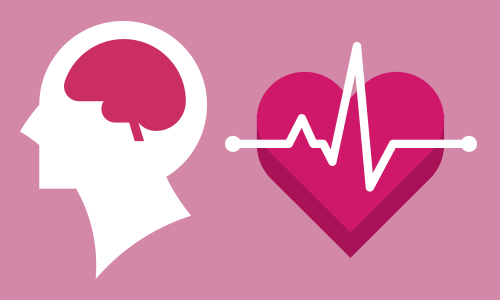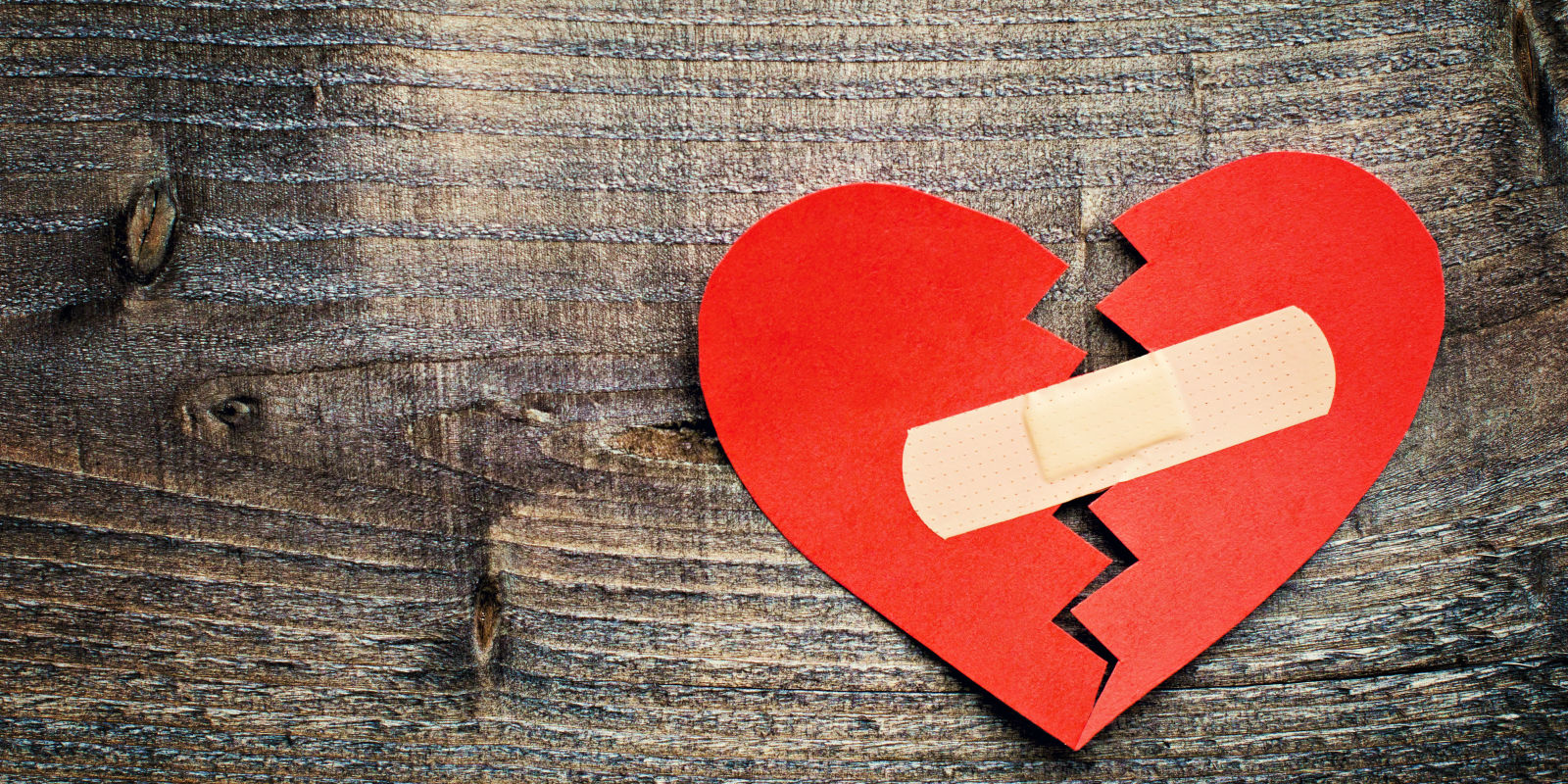In our hectic lives filled with classes, extracurriculars, and jobs, it’s important for the relationships we establish to enhance the well-being of all parties involved. A healthy relationship should make you feel:
- …looked out for. You should feel that your partner has your best interest in mind. This means that your partner should share a sense of dedication to your goals and respect for your moral values.
- …cared for. Your partner should give you a sense of ease and comfort when you’re at your weakest. Affection and encouragement are very important in a healthy and nourishing relationship.
- …free. A healthy relationship should never make you feel trapped. You should always be free to get some space when you need it and make decisions that coincide with your best interest.
- …like yourself. The years you spend in college are some of the best times to explore who you are and who you want to be. Your partner should be okay with that. More importantly, you should always feel comfortable expressing yourself in the way that is most true to you in front of your partner.
Keep in mind that these four characteristics are crucial in a healthy and functioning relationship. Many relationships that fall short in one of them may be prone to or already experiencing some type of abuse. A 2011 college dating, violence, and abuse poll reports that some 43% of college students have experienced physical, emotional, or psychological abuse in his or her relationship. In order to decrease this number, students need to better understand what qualifies as abuse, as it can often be difficult to recognize abuse in a budding relationship. Here are medical definitions for the three main types of abuse found in relationships.
- Physical Abuse: physical (e.g., sexual) maltreatment of another person that often results in injury
- Emotional Abuse: a lack of consideration for another person’s feelings that results in that person feeling not cared for, worthless, and oftentimes inferior
- Psychological Abuse: use of aggressive statements that include verbal humiliation and words that are intended to hurt, infantilize, or insult
Help yourself and your peers recognize abuse in a relationship by being honest and staying informed. Dr. McFadden of the Scripps Psychiatric Centers in San Diego refers to a healthy relationship as a “simple process of positive energy transfer” and encourages students to “seek the wisdom to know the difference” between interactions that nurture us and those that hold us back. Remember, a healthy relationship should you thrive as a person!
Article by Zoey ZoBell
Feature Image Source: Serving Joy
























